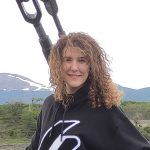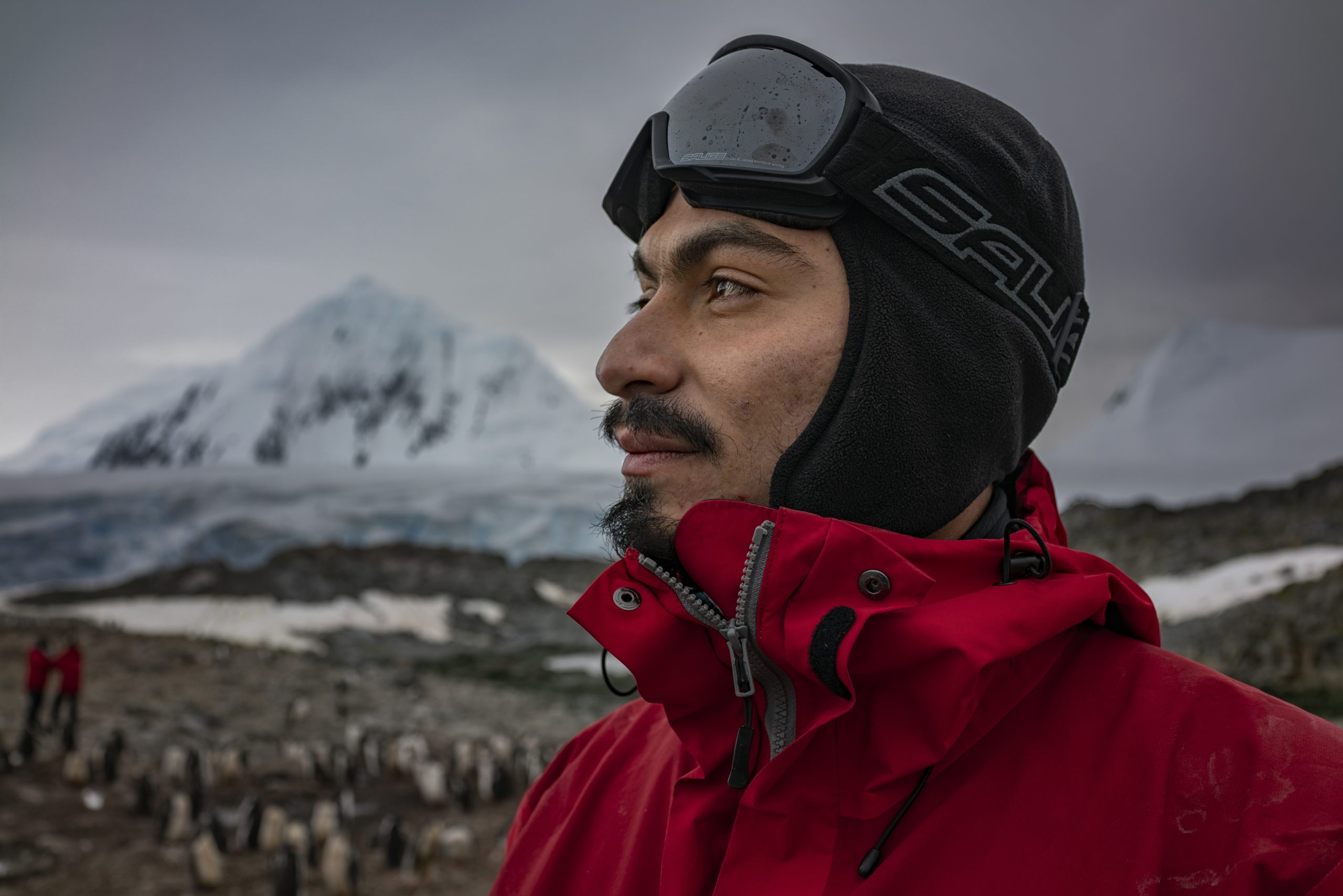The recipients of this year’s Antarctic Fellowships have been announced on the anniversary of the signing of the Antarctic Treaty.
The annual , awarded by The International Association of Antarctica Tour Operators (IAATO) the Council of Managers of National Antarctic Programs (COMNAP) and the Scientific Committee on Antarctic Research (SCAR), are an investment in the professional development of talented early career researchers and aim to further the understanding of human presence in Antarctica.
The 2022 Prince Albert II of Monaco Foundation SCAR Fellowship is awarded to Hanna Yevchun from the State Institution National Antarctic Scientific Center, Kyiv, Ukraine.
IAATO and COMNAP joined forces to award their fellowships to three early career researchers. IAATO has awarded $9,500 USD of its $15,000 USD fellowship fund to post graduate student Eduardo Pizarro González from the Pontifical Catholic University of Chile. COMNAP and IAATO are jointly funding an $8,000 USD fellowship for Antonio Polo Sánchez from Universidad de Salamanca in Spain and COMNAP has awarded Aanchal Jain from Universidad Mayor in Chile.




Amanda Lynnes, IAATO Director of Environment and Science Coordination, said: “We were delighted to work with COMNAP to award three Antarctic fellowships to talented early career researchers this year.
“The exciting projects, involving multinational collaborations, will equip the fellows with valuable skills and knowledge while having long-lasting impact within the Antarctic community and beyond.”
The announcement comes on the 63rd anniversary of the signing of the Antarctic Treaty, a day known colloquially as Antarctica Day.
It was in support of the Antarctic Treaty’s unique mission that IAATO came into being 31 years ago, and in 2019 launched the Antarctic Fellowship with the intention of supporting talented early-career researchers, scientists, engineers, environmental managers, and other professionals. The purpose is to strengthen international capacity and cooperation in fields such as climate, biodiversity, conservation, humanities, and astrophysics research by providing annual funding opportunities.
Eduardo’s focus will be patterns of distribution, abundance, and population trends of six Antarctic and Subantarctic penguin species affected by climate change, through the implementation of different approaches to Ecological Niche Modelling. His research will help to develop conservation strategies for these species and to further explore modelling approaches to account for global change processes in wildlife conservation.
Antonio’s project will enhance understanding of volcanic processes in Bransfield Strait (Antarctica) by studying two submarine volcanoes (Three Sisters and Orca) and one subaerial volcano (Deception Island) through Noble Gas geochemistry. Ultimately his work will contribute to explain why volcanic activity is more concentrated in some areas of Bransfield Strait than others with implications for volcano monitoring.
Aanchal’s project aims at identifying plastic pollution in the Antarctic Treaty area and at understanding how policies can be implemented to reduce plastic waste. The project aligns to one of the priority projects for COMNAP being the understanding of plastic waste source and removal options.
Andrea Colombo, COMNAP Engagement, Information and Project Manager, said: “COMNAP is pleased to join IAATO to provide support to a highly motivated early career researcher as part of our on-going Antarctic Fellowship scheme. Antonio’s project will contribute to our understanding on natural hazards and will provide information that will aid national Antarctic programmes regarding risk awareness.”
Hanna’s award is the first SCAR Fellowship to be funded as part of the Polar Initiative.
She will visit the British Antarctic Survey, Cambridge, UK, for her project entitled “Remotely detecting and mapping biodiversity in Antarctica using VHR satellite and UAV data”. The project aims to assess the effectiveness of different techniques for semi-automatic or automatic mapping of the main Antarctic plant communities, as well as penguin and kelp gull nesting sites.
Additional SCAR Fellowships will be announced in the coming weeks.




